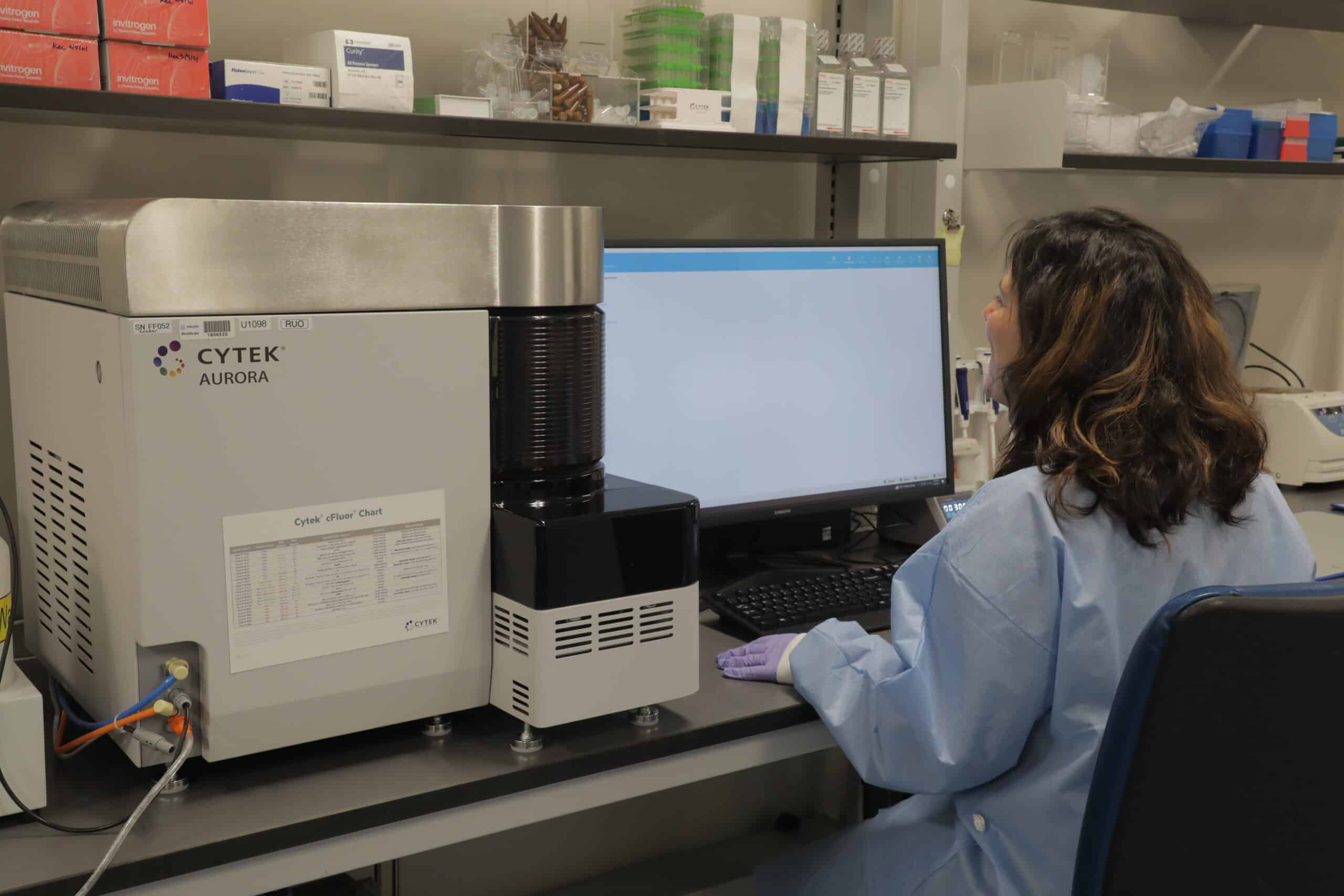With a staggering 28.4 million new cancer cases projected by 2024, the urgency for improved treatments has never been greater.
While the rapid advancement of personalized treatments has transformed oncology, it has brought with it a host of new considerations, complexities, and challenges that sponsors must overcome.
This free ebook shines a light on how adopting agile, flexible solutions such as adaptive trial designs and customizable assays can support oncology trials
Key Takeaways:
Insights into the importance of customization :
Gain a deep understanding of essential tailor-made laboratory services required for achieving clinical trial endpoints.
An agile approach for oncology trials :
Learn about oncology trial best practices in laboratory services and why it is important to build in flexibility
Leveraging laboratory services providers’ capabilities:
Discover how you can effectively bring together outsourced laboratory services to advance oncology trials, including customized assays, a global laboratory network and more.
E-book – A Best Practice Guide For Laboratory Services in Oncology Trials – Leveraging Customization and Flexibility
Reach out to our experts and discover how we can help you transform your research and advance health in the field of immune repertoire sequencing.










